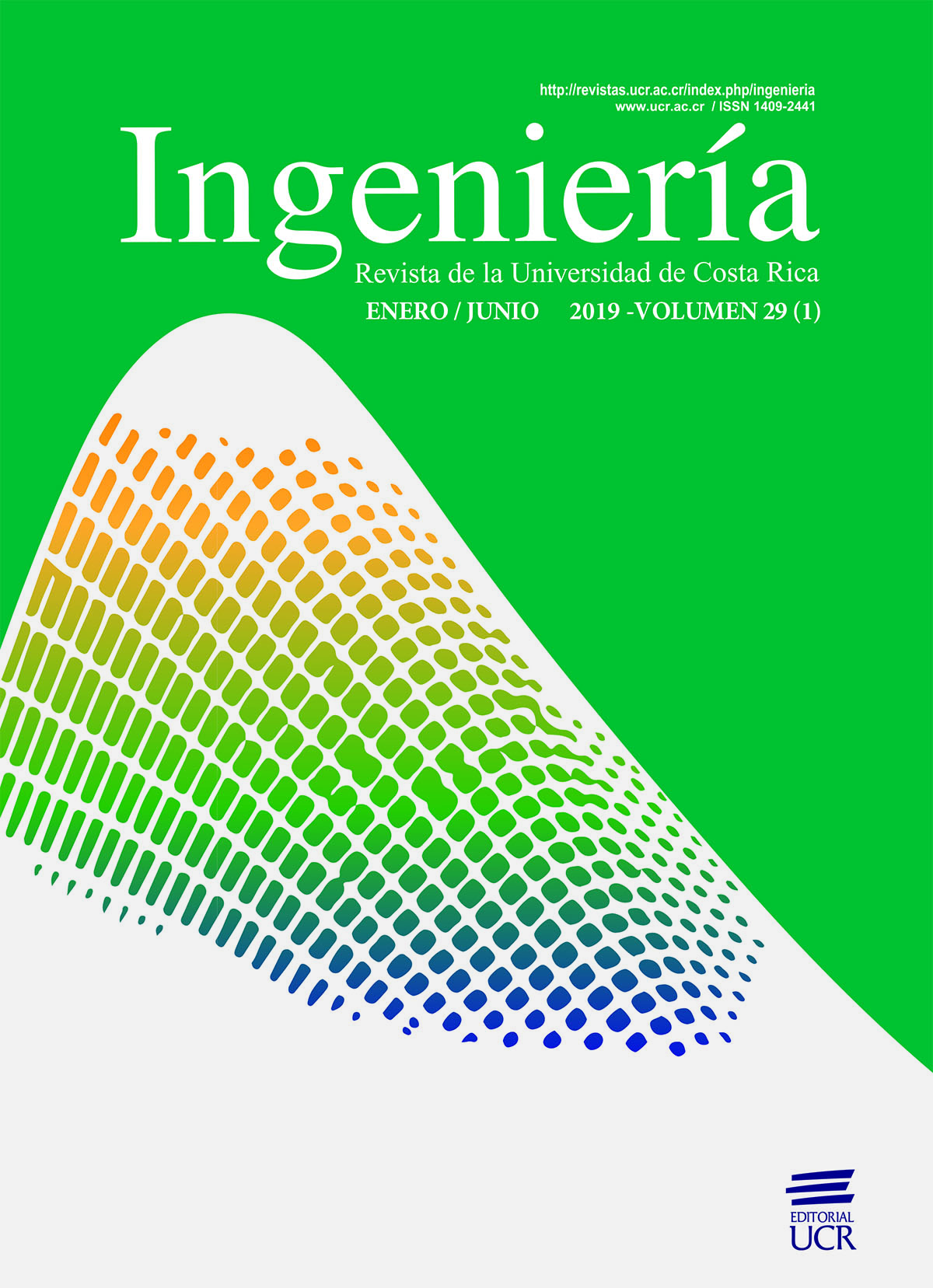Abstract
A methodology was developed as an option for the sustainable use of sawdust residues of Pinus caribaea var. honduresis. Two briquette formulations agglutinated with cornstarch were prepared: 25/75 starch/sawdust (lot A) and 36/64 starch / sawdust (lot B). Therefore, the best results were obtained with the briquettes of lot A: 45.2 ± 0.4 mm diameter and 101 ± 3 mm length; friability < 1 %; humidity 9.4 ± 0.5 %; density 0.45 ± 0.01 g/ml; crush resistance 4.5 x 10 4 ± 0.7 x 104 kg / m2; calorific value 20.799 kJ / kg. The thermal insulation capacity was estimated at 41.6 ± 0.4 °C and 57.3 ± 0.1 °C; in the first case, the surface of the briquettes
remained at 29.0 ± 0.4 °C and in the second, at 34.7 ± 0.8 °C, exhibiting thermal characteristics similar to those of the caribbean pine. The physical-mechanical, physical-chemical and thermal properties of the material indicate that it could have utility as a thermal insulator, representing an alternative to its use as an energy resource. Initiatives of this type would contribute to a greater sustainability of the forestry activity, because it delays the return to the atmosphere of CO 2 fixed in the forest production processes.


